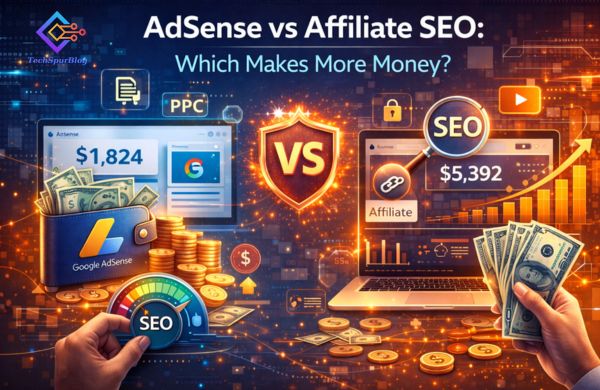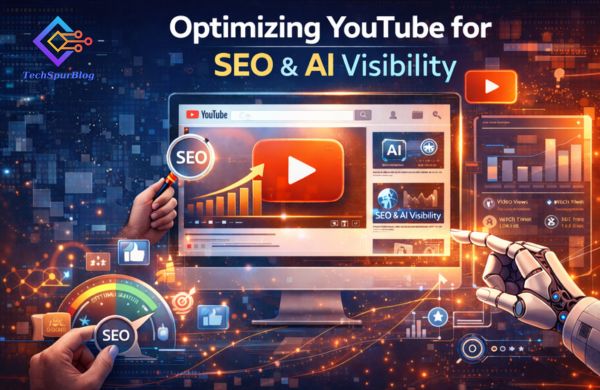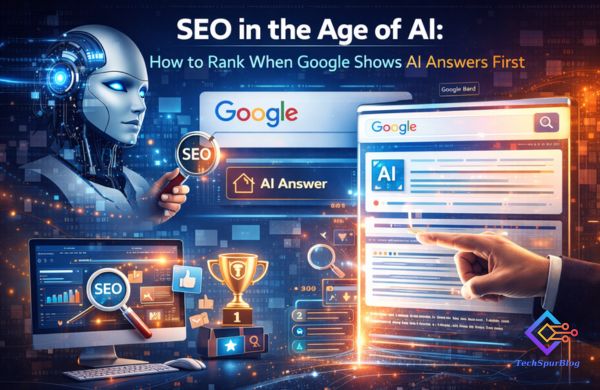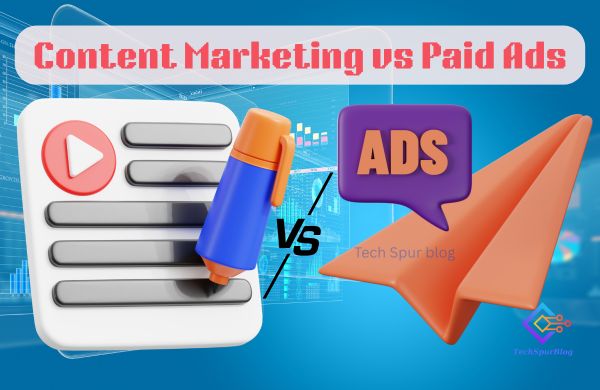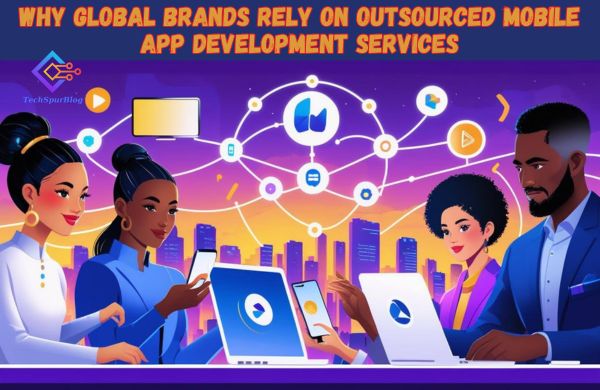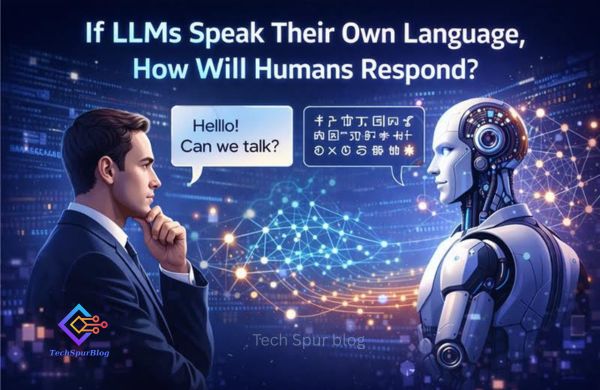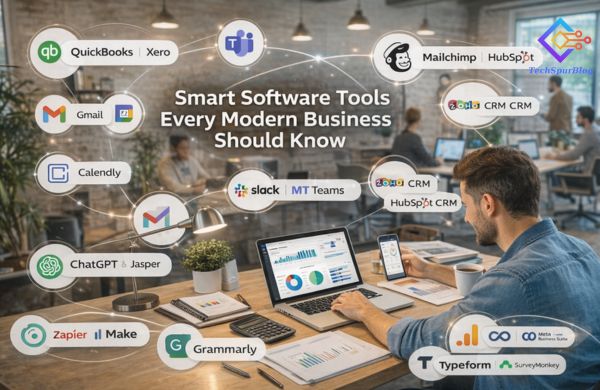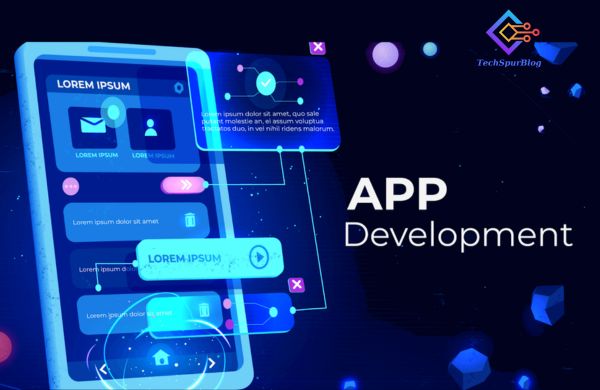Introduction
Google’s Search Generative Experience (SGE) — now widely known as AI Overviews — is one of the most significant transformations to the search engine in decades. First introduced in May 2023 as part of Search Labs, SGE blends generative AI technology with traditional search results to deliver concise, context-rich answers directly on the search results page.
By 2024, SGE moved beyond its experimental phase, expanding to over 100 countries and multiple languages, marking a pivotal shift in how users interact with search engines — and how publishers approach SEO.
What is Google Search Generative Experience (SGE)?
SGE is an AI-powered search enhancement that generates an instant summary, or “snapshot,” for your query, compiled from multiple authoritative sources. Instead of just displaying a list of blue links, it summarizes the most relevant information and presents it at the top of the SERP (Search Engine Results Page).
Users can then:
-
Ask follow-up questions in a conversational format.
-
Explore sources via cited links.
-
View products and services integrated into AI summaries.
Also Read: Google Knowledge Panel Explained: Boost Your Online Presence
Key Features of SGE
AI-Generated Snapshots
Quick summaries answer your query instantly, saving time and reducing the need to open multiple tabs.
Conversational Search
Follow-up questions can be asked without rephrasing, maintaining context like chatting with a human expert.
Integrated Shopping Assistance
For shopping-related queries, SGE pulls data from Google’s Shopping Graph, showing product details, pricing, reviews, and availability.
Source Citations
Each AI-generated overview links to the websites used, ensuring transparency and allowing deeper research.
Multilingual and Global Reach
Supports multiple languages and is available in 100+ countries, including India, the U.S., and much of Europe.
Benefits for Users
-
Faster Answers: Skip the scrolling; get direct responses instantly.
-
Enhanced Clarity: Summaries reduce information overload.
-
Better Shopping Choices: Integrated product data makes comparisons easier.
Also Read: Why and how to use Google messages for web?
Impact on Publishers and SEO
While users benefit from instant information, publishers face challenges:
-
Reduced Click-Through Rates (CTR): Fewer users may visit sites since answers appear on Google itself.
-
Higher Competition for Visibility: Only the most authoritative, relevant content is likely to be cited in AI summaries.
-
E-E-A-T Alignment: Google emphasizes Experience, Expertise, Authoritativeness, and Trustworthiness more than ever.
SEO Strategies for the SGE Era
Answer Engine Optimization (AEO)
Structure your content to directly answer common questions using clear headings, concise paragraphs, and FAQs.
Generative Engine Optimization (GEO)
Create AI-friendly content by using structured data, bullet points, and rich media to make your site a preferred source for AI snapshots.
Content Depth + Authority
Publish well-researched, expert-driven content with citations and original insights.
Optimize for Conversational Queries
Use natural language and question-based headings that align with how people speak, not just how they type.
Also Read: AEO, AIO, GEO, and LLMO in SEO: The New Pillars of Search Optimization in the AI Era
Limitations & Ethical Concerns
-
Information Accuracy: AI summaries may occasionally misinterpret facts.
-
Sensitive Topics: Google limits AI Overviews for health, finance, and other Your Money or Your Life (YMYL) topics.
-
Publisher Revenue Impact: Less traffic can mean reduced ad income for content creators.
Timeline of SGE
-
May 2023: SGE announced in Search Labs at Google I/O.
-
May 2024: Rebranded as AI Overviews and rolled out in the U.S.
-
Late 2024 – 2025: Expanded to 100+ countries and new “AI Mode” tested.
Also Read: “I’m Feeling Curious” – Google’s Newest Feature
Conclusion
Google Search Generative Experience (SGE) represents a major leap toward AI-first search. For users, it means faster, smarter, and more interactive search experiences. For publishers and SEO professionals, it signals the need to adapt content strategies to remain visible in an AI-driven SERP.
In short — the search landscape has changed, and embracing SGE-focused optimization will be key to success in the years ahead.
